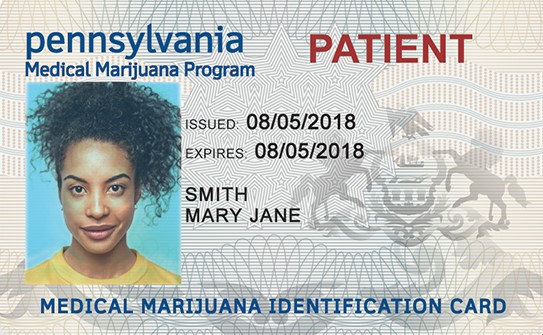Arizona Medical Marijuana Card Holder Not Protected from Marijuana Possession in Iowa
Posted in Medical Marijuana on June 20, 2022
The majority of states in the U.S. allow the for the use of medical marijuana. Some states do not allow for medical marijuana, and some states do not accept or honor medical marijuana cards from other states. A person that has a medical marijuana card may still be prohibited from possessing marijuana in some states. Drug possession laws vary from state to state, and, what is permitted in one state may be illegal in another state.
Prosecuted for Possession of Medical Marijuana
An Arizona woman recently learned the hard way that her medical marijuana card did not protect her from being charged with drug possession in Iowa. The woman was driving through Iowa and was stopped for a minor traffic violation. Thinking that she has nothing to hide, she told the police that she was transporting marijuana and showed the police her medical marijuana card that had been issued in 2018 in Arizona. I am sure that the woman expected that her honesty and openness about the transportation of marijuana would lead to a warning or a small fine for the traffic violation. Regretfully, she was wrong.
openness about the transportation of marijuana would lead to a warning or a small fine for the traffic violation. Regretfully, she was wrong.
Instead of being cut loose and heading on her way, the woman was charged with a misdemeanor offense of marijuana possession and prosecuted. At trial, the woman was not permitted to introduce evidence of her medical marijuana card, so she could not argue that she was in lawful possession of the marijuana. The woman was convicted and sentenced to two days in jail, with the jail time being suspended, and one year of probation.
On appeal, the Iowa Supreme Court needed to interpret whether a medical marijuana card in Arizona was “obtained directly from, or pursuant to, a valid prescription or order of a practitioner.” With a normal prescription, the doctor writes the prescription, it is taken to a pharmacy, and the drugs are then obtained, so the drugs are given in direct response to a prescription. With a marijuana card, a doctor completes paperwork to recommend that a person be issued a marijuana card, and that paperwork is sent to the state, the state issues the medical marijuana card, and the card is then used to obtain marijuana from a dispensary. The Iowa Court ruled that because the medical marijuana card was not directly obtained from the doctor or the doctor’s recommendation for medical marijuana was not taken directly to a dispensary that the medical marijuana car did not fall under the Iowa law that would have allowed for the lawful possession of marijuana.
Pennsylvania’s medical marijuana process is the same as Arizona’s process, meaning the doctor’s paperwork is sent to a state agency and the agency this issues a card. This means that a Pennsylvania marijuana card would not protect the holder from prosecution for marijuana possession in Iowa.
